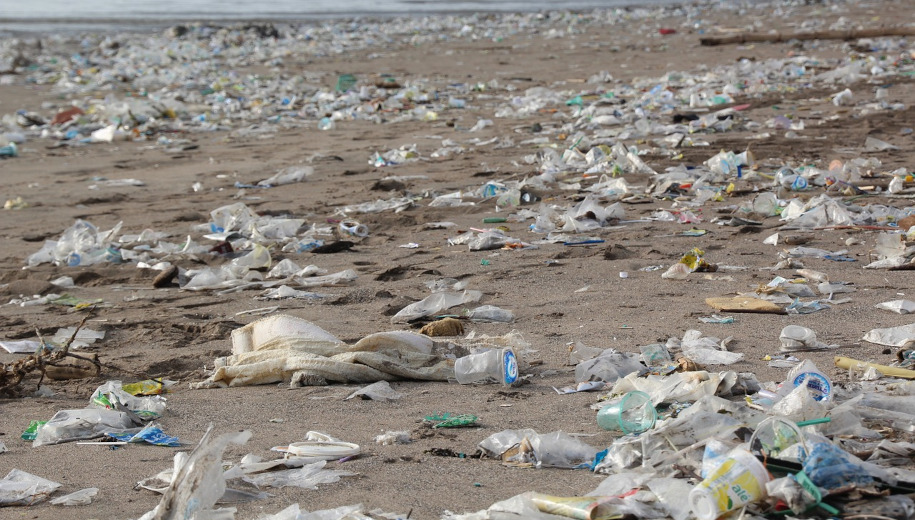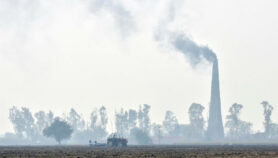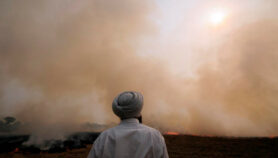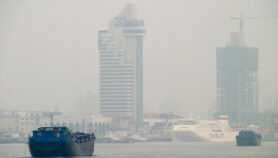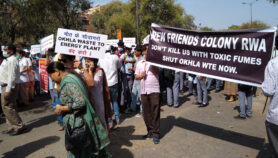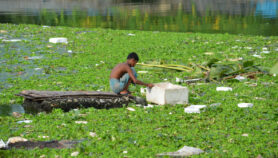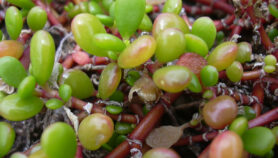By: Delphine Bossy
Send to a friend
The details you provide on this page will not be used to send unsolicited email, and will not be sold to a 3rd party. See privacy policy.
[NOUMÉA] Delegates at the ongoing 10th Pacific Islands Conference on nature conservation are pushing for a new global treaty on plastic pollution that is affecting the large ocean small islands developing states.
“Getting to a global treaty to prevent plastic pollution in the large ocean small islands developing states is a major goal for the next regional framework,” says Sascha Fuller, Pacific node coordinator at the Secretariat of the Pacific Regional Environment Programme on placement from the University of Newcastle, Australia.
In a study released August, Fuller and her colleagues reported that Pacific countries that claimed to have plastic pollution prevention as a key objective had failed to come up with effective action. Even if some countries, such as Palau or New Caledonia, are starting to ban single-use plastic containers, there are few legislations to protect them from an influx of non-recyclable and toxic plastics.
“Plastic pollution has been recognised as waste management which is a national issue, but today we need to go beyond this narrow vision”
Roxanne Blesam, Environmental Quality Protection Board of the Republic of Palau
“Pacific leaders should produce national and regional declaration of support for a global agreement, this would help to share the loads, address global transboundary challenges and help to put pressure back on big suppliers,” Fuller says.
Plastic pollution has been put on “action track” at the conference, which will build a new framework for nature conservation and protected areas in the Pacific islands region, that will give broad strategic guidance for nature conservation planning, prioritisation and implementation.
“So far, plastic pollution has been recognised as waste management which is a national issue, but today we need to go beyond this narrow vision,” said Roxanne Blesam, executive officer for the Republic of Palau’s Environmental Quality Protection Board, while intervening in the session ‘Turning the Tide: Preventing Plastic Pollution in Pacific Island Countries and Territories’.
The Pacific islands are threatened by the transboundary movement of plastic. Even though they contribute less than 1.3 per cent of the mismanaged plastics in the world’s oceans, they are among the main recipients of plastic pollution and its impact.
“We found plastic debris in 97 per cent of examined fish in Samoa islands,” explains Setoa Apo, principal waste management officer at Ministry of Natural Resources and Environment, Samoa islands.
The conference, organised every six years, has become the principle forum for government agencies, NGOs, community-based organisations, donor agencies and individual experts concerned with conservation science and practice in the Pacific islands region.
It aims to set an agenda for conservation in the Pacific for the next four to seven years. The tenth edition was supposed to happen in April this year, but due to COVID-19 it is being held as a virtual event 24—27 November.
Beyond plastic pollution, other tracks at the conference include innovating environmental governance in the Pacific, integrating identity, traditional knowledge, education, heritage and cultural expressions in valuing biodiversity in the Pacific and building resilient economies and communities.
Thursday, 26 November, saw environment ministers and leaders of key conservation associations in the region meet at a high-level segment that led to the adoption of the Vemööre Declaration. “It is this declaration which, in international negotiations and in particular at the COP15 scheduled in China in 2021, that will bring the united voice of the Pacific,” said Thierry Santa, president of New Caledonia.
This binding text will be used to govern local policies in the Pacific islands and will be included in all international negotiations around biodiversity scheduled for 2021, especially the framework of the 15th Conference of the Parties (COP15) to the UN Convention on Biological Diversity.
This piece was produced by SciDev.Net’s Asia & Pacific desk.


